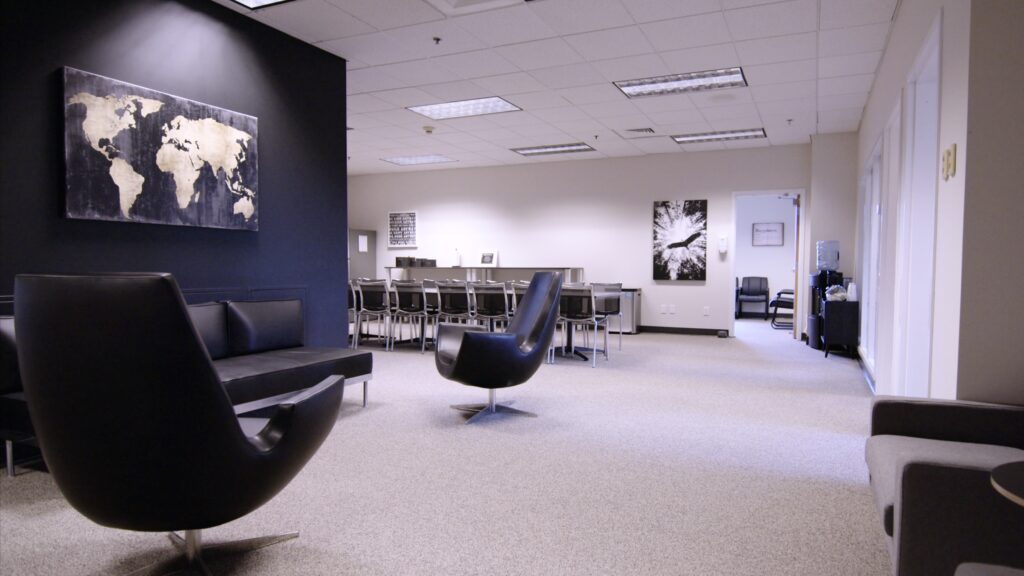
Recovery from addiction is an intensely personal experience, but it doesn’t have to be faced alone. Despite this, it’s common for feelings of isolation to emerge, particularly as you transition into a new way of life without familiar routines or social circles. This sense of loneliness can be more than just emotionally draining—it may also threaten your long-term sobriety.
However, there are ways to cope. No matter where you are in your healing process, here are 11 effective strategies to help ease feelings of loneliness and foster a deeper sense of connection.

Programs like Alcoholics Anonymous (AA), Narcotics Anonymous (NA), SMART Recovery, and other peer-led groups provide invaluable connection. These meetings offer a judgment-free environment to share, listen, and bond with others who understand your path. Over time, the group becomes more than just a meeting—it becomes a source of friendship, accountability, and structure.
Lending your time to help others is a powerful remedy for isolation. Whether you're serving at a local food pantry, animal shelter, or community event, volunteering gives you purpose while surrounding you with like-minded individuals. It's an opportunity to shift your focus outward and develop relationships rooted in shared compassion.
Repairing family relationships can be challenging but also incredibly rewarding. A sincere text, call, or message expressing your desire to reconnect can open doors to meaningful healing. With patience and effort, these relationships can evolve into pillars of support that ease feelings of isolation during recovery.
Engaging in a hobby—or picking up a new one—can offer both joy and community. Activities like painting, dancing, writing, or cooking foster creativity while giving you opportunities to meet others in a relaxed, pressure-free setting. It’s an excellent way to form natural connections while building confidence.
Caring for a pet can be deeply therapeutic. Animals offer constant companionship, structure, and a sense of responsibility—especially helpful in early recovery. Their unconditional love and loyalty can fill emotional gaps and provide daily moments of joy, routine, and connection.
Mindfulness and meditation help quiet the noise of loneliness and reconnect you with the present moment. Regular practice fosters self-awareness and emotional stability, helping you acknowledge your feelings without becoming overwhelmed. Even a few minutes a day can create space for peace and clarity.
Therapists and counselors provide a safe, nonjudgmental space to process emotions, explore patterns, and develop healthier ways to connect with others. If loneliness feels overwhelming, talking with a trained professional can offer support, insight, and tools to navigate it with strength and self-compassion.
While social media can sometimes increase feelings of disconnection, using it mindfully can open the door to positive community. Engage with recovery-focused groups, follow inspiring creators, or join online forums dedicated to sobriety. Just remember to set boundaries and steer clear of harmful or triggering content.
You don’t need alcohol or substances to enjoy life. Attend sober events like group hikes, art nights, wellness workshops, or retreats where you can relax, be yourself, and meet others living substance-free lives. These events offer uplifting spaces to build new friendships rooted in authenticity and growth.
Physical activity boosts endorphins and helps regulate mood. Whether it’s walking, cycling, yoga, or lifting weights, moving your body improves mental health and connects you with others who prioritize wellness. Even brief interactions at the gym or in a fitness class can create a sense of belonging.
Writing down your thoughts is a powerful way to connect with yourself. Journaling allows you to release emotions, process your journey, and reflect on your progress. It can become a grounding ritual—a daily reminder that your feelings matter and that you’re never truly alone.

If you or a loved one is ready to build a supportive recovery network, we’re here to help.
Contact us anytime at (844) 916-4088 or info@keysbh.com, or visit us at 890 East Street Tewksbury, MA. 01876
Don't wait to find the connection and support you deserve. Reach out today and take the next step toward a stronger, more connected recovery.
 Get Directions
Get Directions